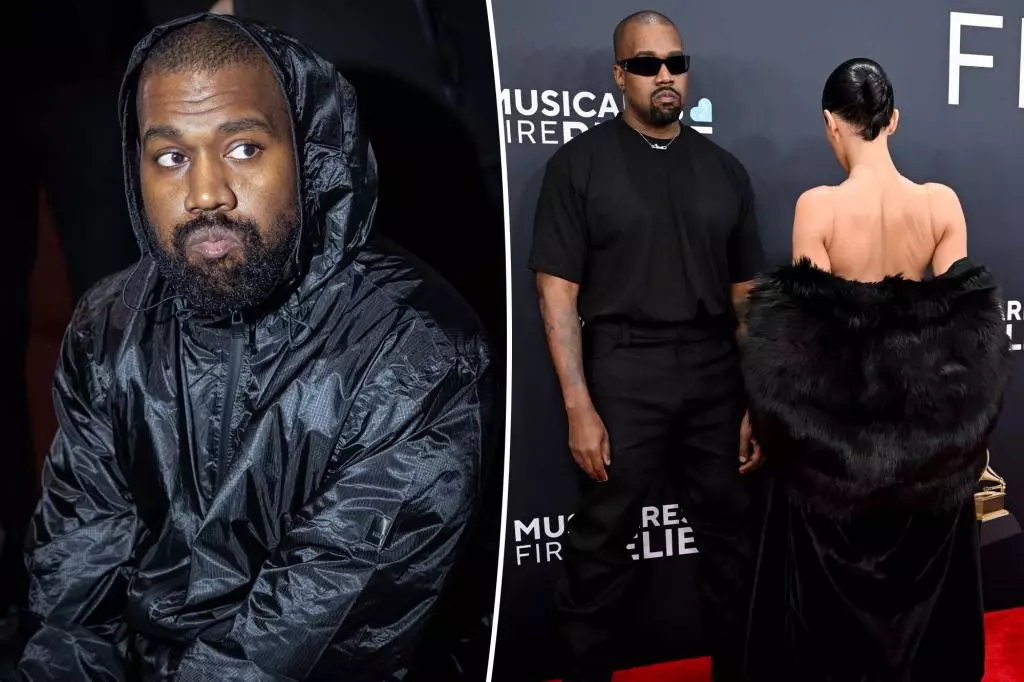In the world of music, the Grammy Awards stand as a pinnacle of recognition and accomplishment. However, for Kanye West, the recent nomination for his collaboration on “Carnival” with Ty Dolla $ign turned sour as he faced disappointment from the Recording Academy. Despite receiving a nomination, West publicly lamented the decision not to provide him and his wife, Bianca Censori, access to the actual event. He expressed his frustrations on social media, questioning the logic behind the Academy’s actions. This public outcry highlights not only West’s dissatisfaction but also raises questions about the accessibility of prestigious events for artists, even those who have achieved iconic status.
West’s attempt to secure tickets to the 2025 Grammys seemed Herculean, as he disclosed having spent five hours in negotiations. The dichotomy between being nominated and not being afforded seats raises eyebrows about the Academy’s priorities. Raj Kapoor, an executive producer for the Grammys, clarified later that both West and Censori weren’t given tickets because their participation did not align with the event’s criteria for seating allocation. This selective seating policy underscores a potential issue within the industry regarding the treatment of nominees and their entitlement to awareness regarding event access.
Although West and Censori did manage to step onto the red carpet, their presence became etched in the evening’s memory due to Censori’s eye-catching attire—or lack thereof. As she donned a sheer dress paired with flip-flops, the public’s fascination quickly shifted from the awards celebration to Censori’s audacious fashion statement. Fashion has always been a second language for West, and this moment seemed designed for spectacle. This interruption of the Grammy narrative through sartorial choices pushed social media into a frenzy, with rumors circulating about their alleged ejection from the event. The line between fashion statement and social disruption became increasingly blurred, prompting discussions on societal norms and expectations during mainstream events.
As if the evening wasn’t tumultuous enough, West’s post-Grammy behavior propelled him into further scrutiny. His subsequent social media rants, including an antisemitic tirade and defended comments regarding Sean “Diddy” Combs, created a whirlwind of backlash that overshadowed the awards themselves. This behavior not only tarnished his image but birthed conversations surrounding the impact of public figures on societal narratives. Speculation regarding his marriage to Censori also emerged, implying a strain exacerbated by his controversial statements. However, representing the chaotic nature of rumors, his spokesperson refuted the divorce claims, insisting that updates on their private life would only come directly from the couple.
Kanye West’s experience at the Grammys illustrates a complex web of expectations, privileges, and public perception within the music industry. As someone who has both shaped and challenged artistic boundaries, the attention surrounding his actions underscores the fragility of fame. Ultimately, West’s narrative at the Grammys asks us to reflect: at what cost does fame come, and how does it interplay with the pursuit of recognition and respect within one’s industry? In a world where every social media post is scrutinized, are artists free to express their genuine selves, or do they become prisoners of their public personas?

